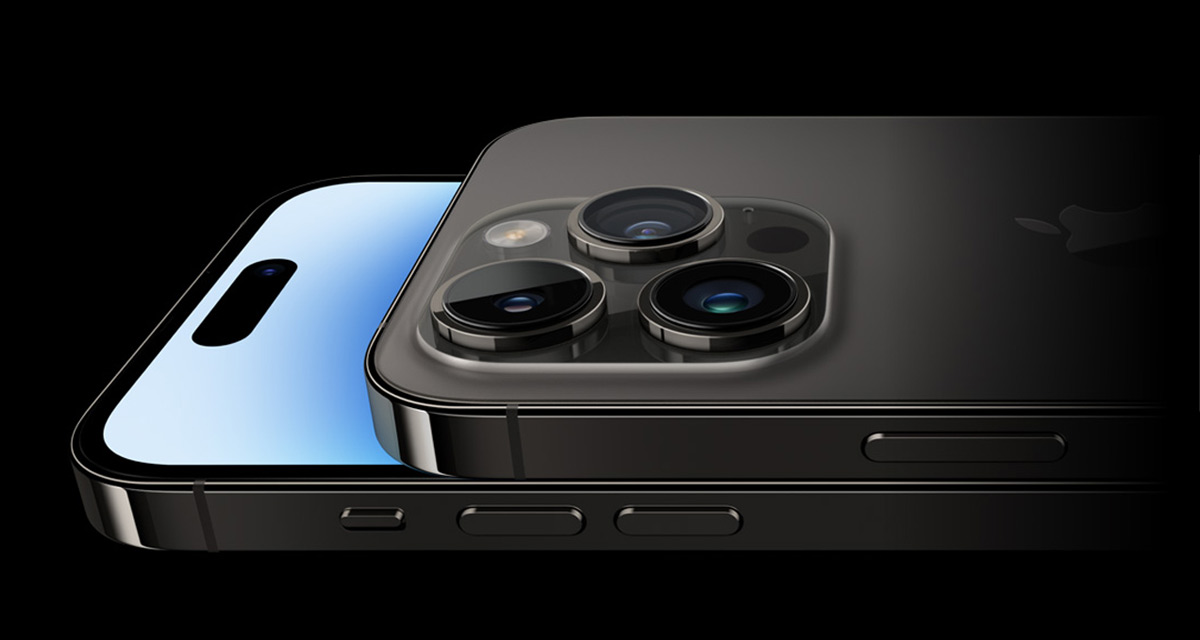Apple’s iPhone 15 Pro and iPhone 15 Pro Max might still be months away from release but there are already plenty of rumors about what they will and will not have to offer.
Now, a new report again points to Apple ditching the physical volume and power buttons.

Apple had been rumored to have new haptic buttons in the works for a little while and now analyst Ming-Chi Kuo is backing up his and other reports by again saying that there will be no physical buttons on this year’s high-end iPhones. Instead, they’ll use new Taptic Engines to simulate the feel of using a real button.
My latest survey indicates that high-end iPhone 15 models will feature solid-state buttons and will equip with additional Taptic Engines to simulate the feel of physical buttons’ force feedback.
Kuo goes on to say that “Cirrus Logic is the primary winner for canceling physical buttons and the change to adopt solid-state buttons on the 2H23 high-end iPhone 15 models.”
The move to solid-state buttons has a couple of benefits. There will be fewer moving parts which should prevent buttons from failing, while Apple also immediately removes three possible entry points for liquid. The iPhone is already water resistant, but any improvements in that regard are sure to be well received.
As for the rest of the iPhone 15 news, we’re already expecting Apple to move from Lightning to USB-C, while the non-Pro models are expected to gain the iPhone 14 Pro’s Dynamic Island.
You may also like to check out:
- Download: iOS 16.2 Final OTA Profile File, IPSW Links Released
- How To Fix Bad iOS 16 Battery Life Drain [Guide]
- Jailbreak iOS 16.2 On iPhone And iPad Latest Status Update
- iOS 16 Compatible And Supported iPhone, iPad, iPod touch Devices
- iOS 16 Hidden Features: 100+ Changes Apple Didn’t Tell Us About
- Download: iPadOS 16.2 Final OTA Profile, IPSW Links Released
- iOS 16.2 Jailbreak Palera1n Download Released, Based On Checkm8 Exploit
You can follow us on Twitter, or Instagram, and even like our Facebook page to keep yourself updated on all the latest from Microsoft, Google, Apple, and the Web.
